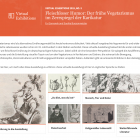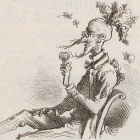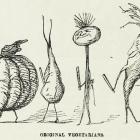Interview with Stacia Ryder, Kathryn Powlen, and Melinda Laituri, editors of Environmental Justice in the Anthropocene: From (Un)Just Presents to Just Futures
In this episode from the New Books Network podcast, Stacia Ryder, Kathryn Powlen, and Melinda Laituri are interviewed on their edited volume, Environmental Justice in the Anthropocene: From (Un)Just Presents to Just Futures.










